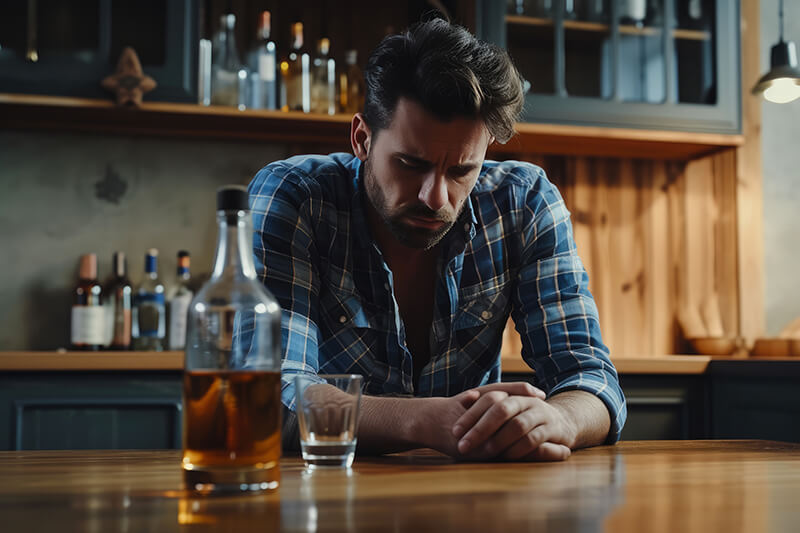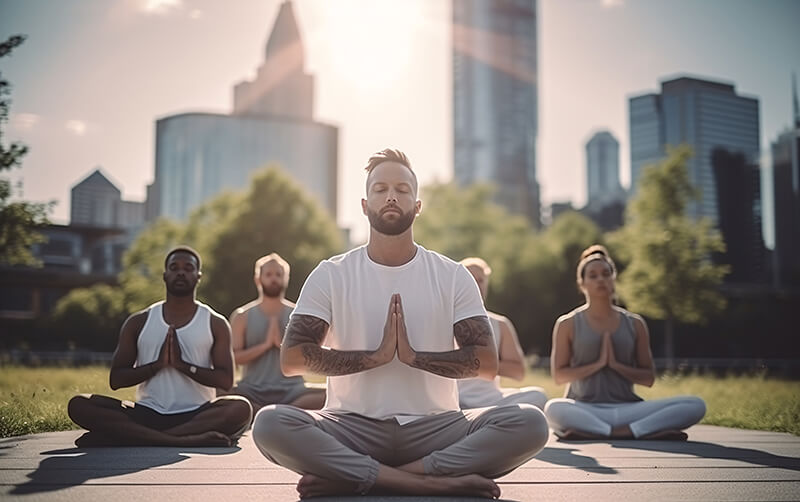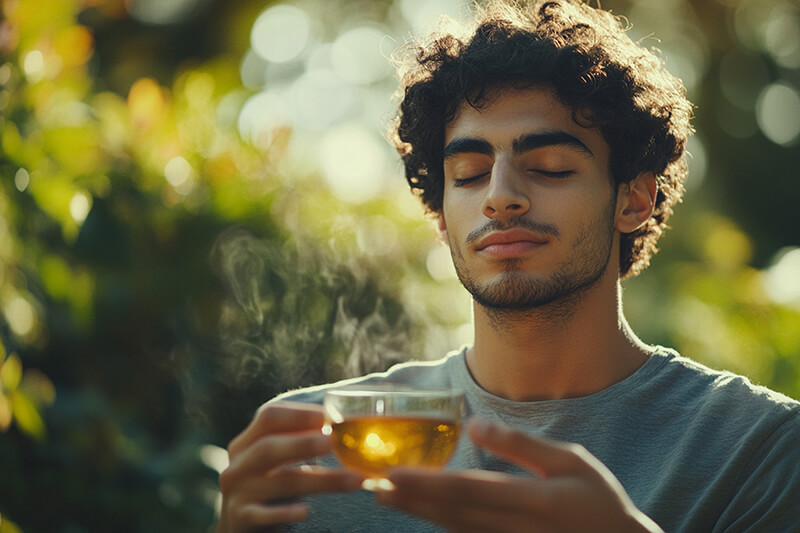If you consistently drink more than you planned to or are comfortable with, it can be helpful to explore why this is the case. A variety of factors may be contributing to this situation. Once you gain an understanding, it is generally possible to achieve alcohol self-control and the freedom that comes with it.

The Brain and Alcohol
Neurochemicals in our brains, sometimes called the feel-good chemicals, like dopamine, help keep our mood stable. When you frequently flood your brain with alcohol, it can make the brain get lazy. The brain will decide that with all that alcohol coming in, you don’t need as much dopamine, and less is produced. Your brain then starts to depend on that alcohol instead of dopamine to feel OK. That urge to drink more is sometimes your brain wanting the alcohol it needs to feel OK.
Drinking in excess consistently can also rewire neural pathways in our brain. If we often drink when we are in a particular mood or certain situations, this can create a neural pathway in our brain so that this mood or situation makes the brain decide it’s time to have a drink. These moods or situations become drinking triggers, setting your thoughts down the neural pathway of the brain that leads to drinking.


Gaining Inner Awareness
When it comes to your relationship with alcohol, the first step in habit change is gaining an inner awareness about your drinking triggers and what alcohol does for you. Start noticing what kinds of feelings, situations, people, places, or things tend to lead to excess drinking for you. Are you engaging in emotional drinking, where you use drinking to cope with negative emotions? Do you use drinking to wind down after a stressful day at work? The tools on the Unconscious Moderation app, including hypnotherapy and journaling prompts, can help you dig deeper to get an understanding of your drinking triggers.
Building New Coping Strategies
Once you have figured out what tends to make you drink in excess, you can find other ways to get what alcohol was providing you or identify alternative coping strategies or behaviors. If you notice that you drink when you’re stressed, you could start trying out healthier ways of managing stress. Exercise, meditation, yoga, going for walks, drinking tea, reading, drawing, listening to music, and talking to friends are some examples. The movement practices and hypnotherapy on the Unconscious Moderation app are great stress relievers. If you are drinking out of boredom, try to work on finding interesting things to take up your time. If certain people or places trigger your drinking, do your best to avoid them or minimize contact. Eventually, you will develop new neural pathways, new thinking patterns, and behaviors. Your brain will stop seeing drinking as the only option.


When your brain is less flooded with alcohol, the neurochemistry of your brain will eventually get back to normal, and dopamine will help stabilize your mood. You won’t need alcohol anymore to feel OK.
Understanding why you drink more than you want and how to change this habit can give you a great sense of freedom and well-being.



